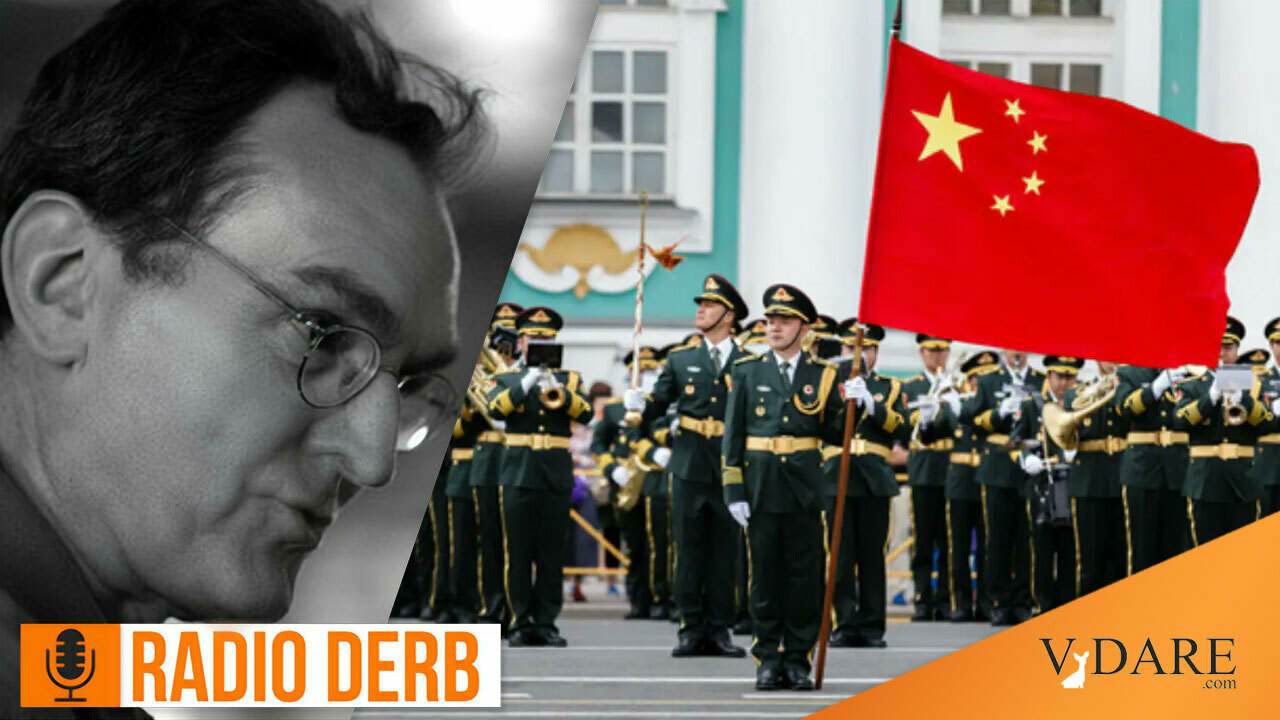There has been some interest of late in an old book by Wang Huning describing his impressions of America in 1988 – three decades ago – when he was a visiting scholar. The book was written for his Chinese audience of that time, and was never published in English. However, some recent on-line translations are available, although the accuracy & completeness (always tricky with translations from Chinese) are unknown.
AMERICA AGAINST AMERICA, by Wang Huning - The Unz Review
Wang gets some attention because of assertions that he is Chairman Xi’s eminence grise, perhaps in the fashion Dominic Cummings once was to Boris Johnson – although hopefully with more smarts and more integrity.
One of the fascinating aspects of this book is how much the world has changed in the intervening 30+years. Then, an intelligent educated Chinese scholar felt like he was stepping into the future when he arrived in America. Today? Probably not so much.
In traditional Chinese style, Wang Huning categorized his early impressions of the United States in 1988 as the Four Cs:
Cars – so many cars, all kinds, all sizes. In those days, this was very impressive to someone from bicycle-riding China. In contrast, the Chinese visitor of today would feel right at home with US traffic, so similar to China’s traffic. Though the visitor might note that there are more old vehicles on US roads – and the roads themselves are really not up to the standards of China’s modern super-highways.
Calls (phones) – so many phones, in every office and home. Of course, today the US would look just the same as China to the visitor, with most Americans clutching their Chinese-made smartphones. Perhaps the Chinese visitor might smugly note that the apps used on those US smartphones do not have the quality and utility of a Chinese app like WeChat.
Computers – astonishingly, there were computers everywhere, in offices and even in homes. Today’s visitor from China would not be astonished; the US is no different from China. The interested visitor might note that much of the computer gear in the US is imported from China, making him feel quite at home.
Cards – so many of these magnetic stripe cards – credit cards, ID cards, phone cards. Today’s visitor from China would still see lots of cards, but now would wonder why Americans are still using that old technology. In China, it is all done with their smartphones. While cash still exists and hotels catering to foreign tourists will accept credit cards, most transactions in China involve direct debit from the Chinese citizen’s bank account via the smartphone. Even humble roadside fruit sellers and food vendors charge their customers electronically.
While we should be happy that human beings in China are now benefitting from modern technology, it is hard not to feel some regret for how little progress we in the West have made in the last 3 decades – and indeed how much of our former industrial and intellectual inheritance has been dissipated.
The positive message for us today from Wang’s old observations is that change is possible.
Germany and Japan made great strides to recovery in the quarter century after World War II. China has made great strides since Wang’s 1988 visit to the US, even though China before then had been crippled both by foreign invasions and by self-imposed catastrophes such as the Great Leap Forward and the Cultural Revolution. Let’s hope that once the West stops crippling itself with foolish jihads against dubious problems like global warming and Covid, we too can get back on the road to progress. If we work hard enough, maybe in another 30 years a Chinese visitor will once again be impressed with what he sees.
